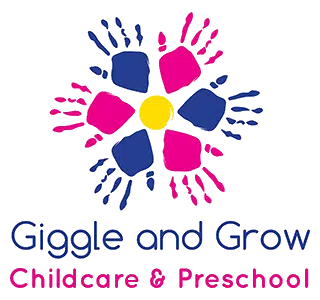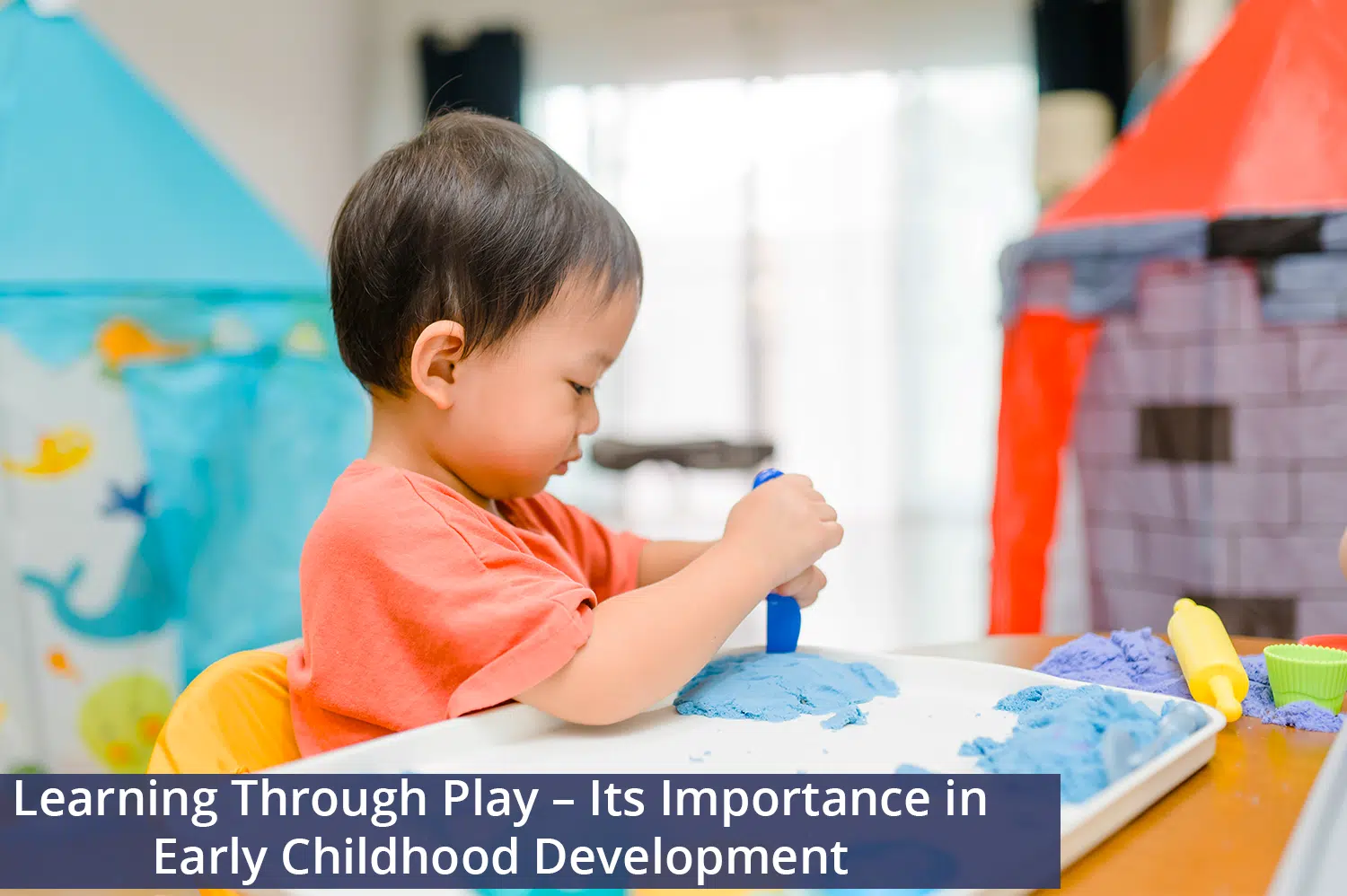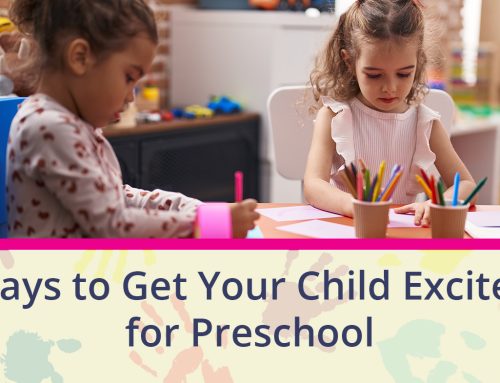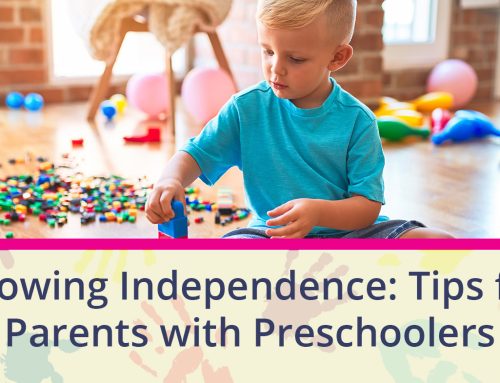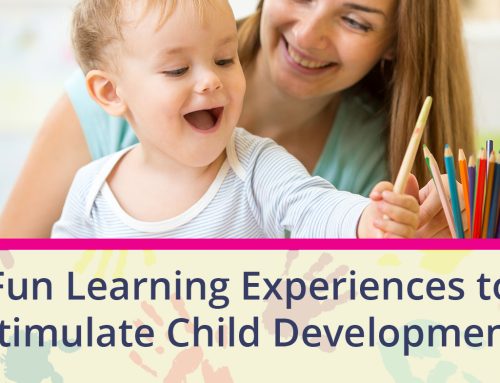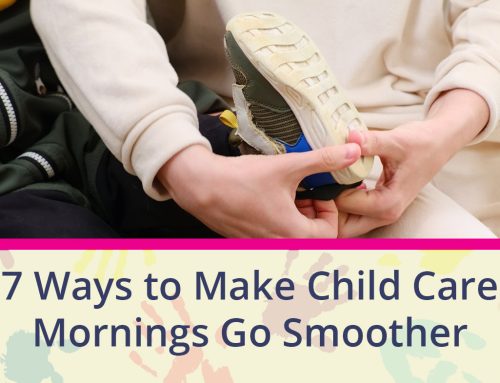Research shows that learning through play is important to early childhood development. What does your child have to gain? Read on and learn about the key benefits learning through play has!
The Value of Play
Learning through play is an integral part of helping children grow and develop. Why? Because children discover and make sense of the world best through hands-on experiences. And what better way to learn than through play, which is a natural form of exploration?
During play, children use all their senses and explore their environment to connect what they already know with new knowledge, skills, and attitudes. While children can still learn through direct instruction and observation, the strongest connections to concepts are when they can work through them themselves. Often playing isn’t just playing, it’s enrichment that motivates, stimulates, and supports their development of skills, concepts, concentration, and more. As renowned psychologist, Jean Piaget said, “play is the work of childhood.”
What Learning Through Play Helps Develop
The evidence that play is the best way for children to learn and thrive keeps growing. Here are just a few key things learning through play helps develop in early childhood.
Early Brain Development
Simple games of peek-a-boo, stacking blocks, or singing songs aren’t just ways to pass the time. Playing helps promote brain development in many ways, including providing the child with a better understanding of the world and setting the groundwork for later brain growth.
Neuroscientists have discovered that enrichment such as toys, games, and playing can alter a brain’s chemistry and a child’s development. An environment enriched with play, sensory play, and toys impacts an infant’s brain and causes their prefrontal cortex to become bigger and faster. This is important because the prefrontal cortex is the brain’s executive control center, the place where the brain regulates emotions, makes plans, and solves problems. With play, you can set up a child for healthy (and maybe even exceptional) brain development.
Creative Thinking
One of the more apparent benefits playing has in early childhood is it increases a child’s creativity.
Creativity is closely tied to divergent thinking, an important life skill that is often first developed through playing. Divergent thinking, also known as lateral thinking, is the process of creating multiple, unique ideas or solutions to a problem that you’re trying to solve.
To test the association between playing and more creative thinking, researchers randomly assigned one of two activities to 52 children aged six to seven. In one activity, children were asked to copy text from a chalkboard. In the other activity, children played with salt dough. After the activities were completed, children were asked to perform a creative project. These projects were then reviewed by 10 judges who found the projects created by children in the salt dough group had higher creative qualities than those in the other group. Having the ability to play enhances creativity in children, which helps to cultivate more creative problem-solving, a useful skill as they grow older.
Communication, Vocabulary, and Language
The link between early play and later communication skills is evident in research as well.
A study conducted by the University of Georgia observed 65 kindergarteners in their classrooms over four weeks. The presence of play, especially pretend play, was found to predict performance in pre-reading, language, and writing.
Pretend play or make-believe, is a loosely structured form of play that can include role-playing, object substitution, and nonliteral behavior. This type of play allows children to experiment and learn the power of language, learn new vocabulary, work on listening skills, and communication skills. Whether they’re pretending to heal sick patients, stomp around like elephants, or fly in a spaceship to the moon, pretend play helps children learn how to choose their words so others can understand what they are trying to communicate (and join in and play, too!).
Social Skills and Self Esteem
Experiences in play offer ample opportunities for children to learn social skills and rules of behavior. Compromising, teamwork, and empathy are important skills they work on while playing. For instance, think about games children come up with on their own – they’re often creative, intricate, and “rules” usually have to be negotiated.
Play also helps to build up self-esteem. Children are most receptive to learning during play and exploration and are willing to persist to solve a problem or learn something new. Working through something new or challenging helps children gain self-confidence, which will help them later in new experiences and environments.
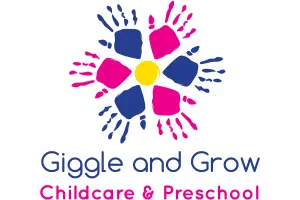
At Giggle and Grow, we stand by the research and implement play learning in all we do.
Helping Your Child Learn Through Play
Learning through play is a vital part of early childhood development, and if you’re looking for a daycare or preschool, it’s important they find play just as important. At Giggle and Grow in Gilbert, Arizona, we stand by the research and implement play learning in all we do. We strive to make a positive difference in the life of every child by partnering with parents to provide an environment that is safe, nurturing, educational, and individualized. Let us help your child learn, play, and grow.
